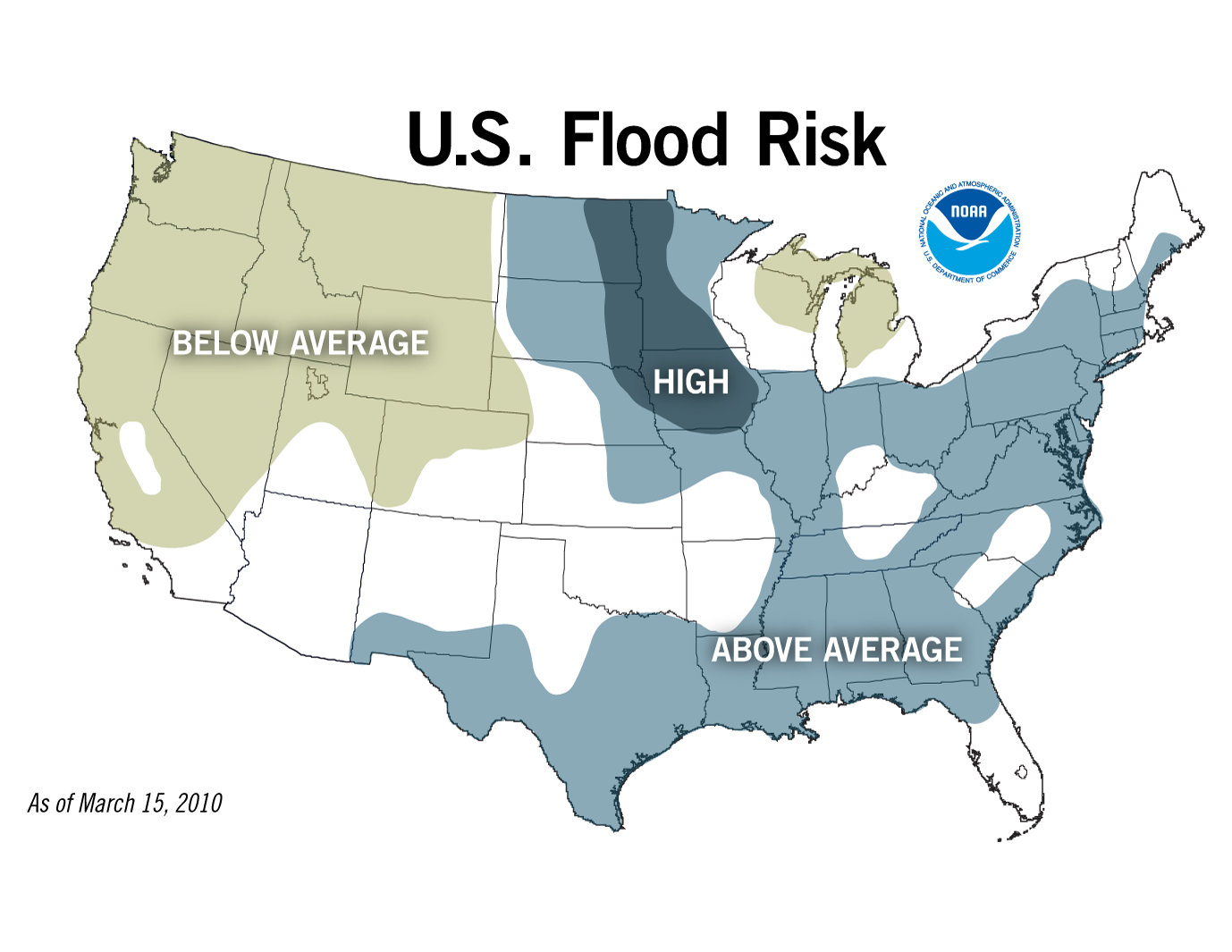
About Climate Health
Burning fossil fuels is warming the atmosphere and changing the global climate. Rising temperatures, changing precipitation patterns, & rising sea levels lead to a myriad of health threats. Injury, disease & are major risks of extreme weather events, which are becoming ever more frequent and severe, especially:
- Flooding
- Drought
- Heat Waves & Wildfires
The long term effects of these changes to the global climate system mean increasing:
- crop loss, increased hunger & famine
- mosquito & other vector-borne diseases
- mold & water-borne diseases
- allergies and deteoration of air quality
- outbreaks of violent conflict
- more mental illness
Climate Health in Iowa
Iowa is experiencing climate change. In the last two decades Iowa has had increased frequency and severity of droughts, floods and heat waves. On our current track of climate change, these trends are only predicted to worsen:
- winter & spring precipitation to increase 30%
- summer precipitation decreases up to 10-35%
- summer temperature to rise 9-22 degrees fahrenheit.
- 90+degree fahrenheit days to increase 2-5 times
- increased atmospheric ozone

These trends will have grave consequences for the health of Iowans:
- increased mosquitos & vector-borne diseases from heat and moisture (i.e. West Nile Virus & western equine encephalitis)
- increased exposure to water toxins from precipitation extremes
- increased mold from rising humidity & extreme water events
- heat related deaths & injury